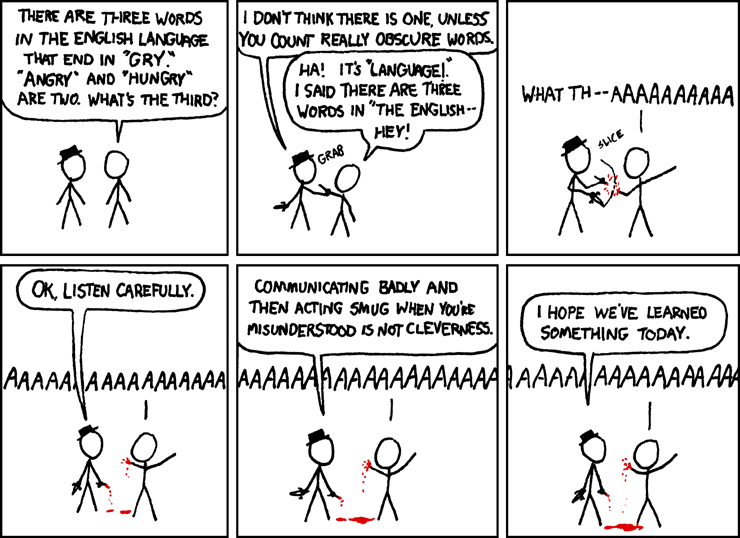The initial part of your argument seems to translate to me as:
1. Some things exist. (is that an axiom?)
2. Things that exist derive from other things that exist. (I share Souron's confusion of the term "derive". What does it mean in the context of physical entities? "Caused by"? "Created by"?)
Then I'm losing you. Just because everything that exists requires something that exists to "derive" from doesn't mean that everything exists. Why should it? Or do you mean that for the idea of something to exist the subject of the idea has to exist as well? That is ... dubious to me.
Derive in this context means "come from." I suggest you read it again, very carefully, because you have no idea what I'm saying. The point was that nonexistence could never exist. Reading this quickly or sloppily will result in confusion.



